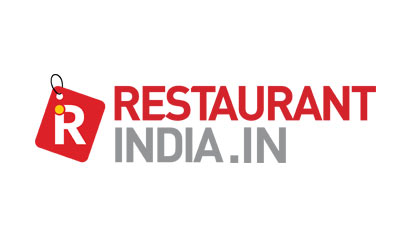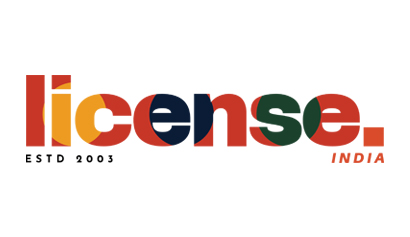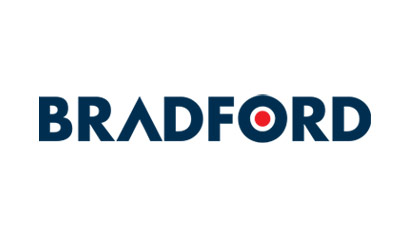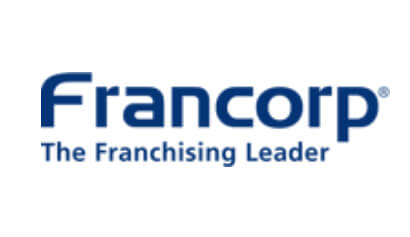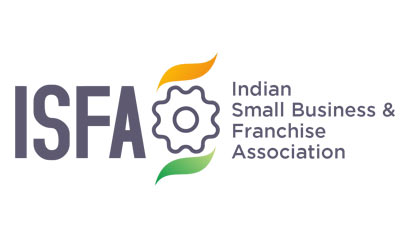To get access to over 10000+ Franchise Business Opportunities.
Network with the growing Business Community to get expert interventions to let you learn to Grow & Expand your Business with Franchising.
Indian F&B industry is a cocktail of Quick Service Restaurants (QSR), fine dine, casual dine, cafes and lounges. The disposable incomes have risen, consumption patterns have changed and new trends have emerged out of this fusion. Flip through the pages an
According to Indian Brand Equity Foundation (IBEF), the Indian food service industry is expected to reach US$ 78 billion by 2018. The Indian gourmet food market is currently valued at US$ 1.3 billion and is growing at a Compound Annual Growth Rate (CAGR) of 20%. It is expected to cross US$ 2.8 billion by 2015. The emergence of valuable and mid-market food segments such as casual dining, fast dining, international cuisine coupled with innovative marketing strategies and value added technology services has metamorphosed the F&B industry. To make the most of this changing scenario, franchise brands are fast adapting to these concepts.
The scoop of ice cream industry gets bigger
There has been a paradigm transition in ice cream industry. Consumer preference has seen a shift from traditional ice cream to premium brands. There has been an innovation in flavours. According to a Euromonitor report, “Ice creams with lower milk fat content and higher edible oils are most likely to witness a strong growth in the forecast period as more companies are likely to invest in the same.” Nitin Arora, CEO, Creambell Ice Cream says, “With regard to trends in flavour/taste, Summer of 2015 will bring a profusion of juicy fruits, crispy nuts and creamy infusions of new flavours in Creambell ice creams.”
Evolving café culture
India is traditionally a tea country but coffee consumption is fast outpacing that of tea. The Indian café market has seen aggressive expansion. Cafés are considered as perfect places to socialise. According to Technopak's report on the industry estimates the Indian coffee chain market stood at Rs 1,820 crore in 2014 and is expected to reach Rs 5,430 crore by 2020. The total number of organised cafe chain currently stands at 3,500 and is expected to touch 6,200 by 2020. Smita Jatia, Managing Director, Hardcastle Restaurants Pvt. Ltd says, “The development of mid-sized cities and the advent of international chains are offering customer greater choices to enjoy coffee variants and is driving the café boom. India's growing youth segment with a propensity to spend is further pushing growth: around 50% of India's 1.2 billion people are 25 years of age or younger. Over the last one decade, Indian consumers have shifted from being saving oriented to being more consumption oriented, more so in the last four years.”
Non-traditional locations taking the lead
Non-traditional locations include airports, college campuses, sporting events, stadiums, petrol pumps, hospitals and other locations where bulk of population dwell, visit, assemble or happen to pass by. These locations develop brand awareness and help the franchise grow in size. Non-traditional locations can be leveraged as a distinctive way for franchisors to strengthen their portfolios. They involve low set up cost. The real estate cost is also considerably low. Owing to low franchise fee and limited staff recruitment, it is a lucrative opportunity for starters and young franchisees as well.
SUBWAY has been successfully operating restaurants at non-traditional locations. Given its minimal requirement for space and equipment, SUBWAY offers convenient options to franchisees wanting to operate out of such locations. Manpreet Gulri, Country Head, SUBWAY Systems India Pvt. Ltd says, “SUBWAY's fresh and healthy menu suits these locations because of its adaptability and convenience to customers looking for a quick yet healthy meal. Most restaurants in non-traditional locations like airport terminals, highways, college/university campuses, railway stations and hospitals tend to do well because they offer great flexibility in terms of hours of operations and consumer preferences of eating healthy. These locations form an integral part of the overall growth and development strategy and have been a large contributor to SUBWAY's positive growth. At present, approximately 10% of the total SUBWAY restaurants operate in non-traditional locations. As per the brand's expansion plans, SUBWAY India expects to take the figure up to 20% in the medium term.”
Cookie Man is another international brand that earns high returns by way of revenue per square feet from airport stores. Anupam Saluja, Chief Executive Officer, Australian Foods India Pvt. Ltd says, “Cookie Man has kiosks at airports which are points for a premium brand's presence. Retail at airports presents the opportunity to reach out to a grand audience.”
Government's role into play in F&B industry
Various F&B franchise brands have partnered with Indian Railway Catering and Tourism Corporation (IRCTC) as a strategy to expand their reach. Jubilant FoodWorks Ltd (JFL), the parent company of Domino's Pizza inked a deal with IRCTC in March, 2015 to deliver pizzas while passengers are traveling in trains with delivery service at stations including New Delhi, Jaipur, Agra, Alwar, Ambala, Jalandhar, Mathura, Muzzafarnagar, Pathankot, Vapi, Bharuch and Vadodara. Recently, Lite Bite Foods, owned by Dabur Scion Amit Burman has also tied up with IRCTC. “We also plan to extend the service to more stations gradually and introduce kiosks of Lite Bite Foods' core brands (Punjab Grill, Baker Street, Asia 7) at various Railway Stations,” says Sharad Sachdeva, Chief Executive Officer, Lite Bite Foods.
Rising gourmet culture
Gourmet market has witnessed rapid expansion in the last five years and is expected to grow manifold over the next few years. The number of specialty restaurants has increased. The well off Indian consumers and increased exposure to global cuisine has led to inclination towards gourmet culture. There has been rise in the number of expatriates which has also contributed greatly to this trend. Mumbai, Delhi and Bangalore have recently witnessed a lot of Mexican, American, Arabic gourmet restaurants doing extremely well. Clovis Young, Head Honcho, Mad Mex, Australia-based Fresh Mexican Grill Restaurant says: “We see India as a lucrative market & would love to open a lot of restaurants here.To make our India foray, we are seeking Master Franchisees pan-India.”
Online food ordering
The online food ordering business in India is in its nascent stage. Share of online food ordering would be in single digits of the overall food ordering business which in 2014 was estimated to be around Rs 5,000-6,000 crore (US$ 800.19-960.12 million). Foodpanda.in and Zomato are the pioneers in online food ordering segment.
Source: IBEF Food Delivery Marketplace Aids F&B Brands


Business Opportunities
Browse By Investment Range
Browse By States
Popular Cities






